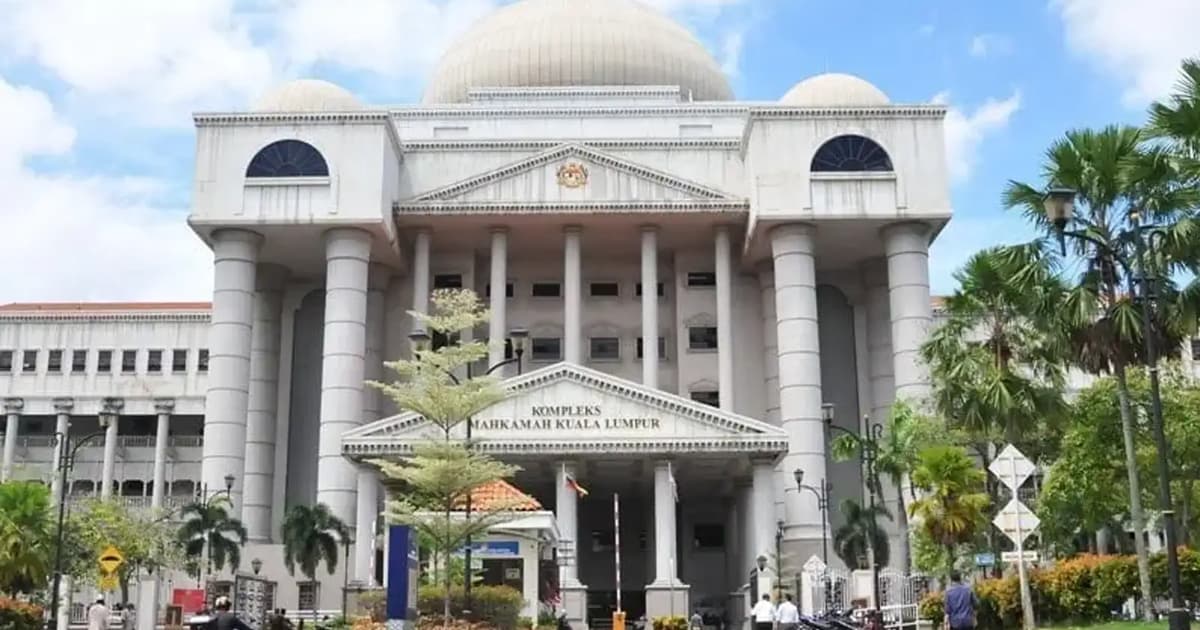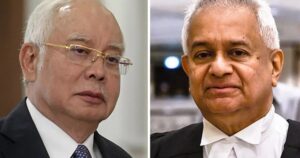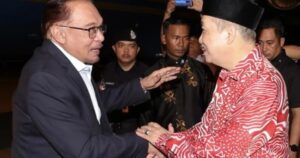
The High Court has sent a sharp reminder to national sports bodies: follow your constitution to the letter, or risk having your decisions thrown out.
Judicial Commissioner Eddie Yeo Soon Chye ruled the extraordinary general meeting (EGM) called by Galaxy Taekwondo Club on November 17, 2024 — without approval from Taekwondo Negeri Selangor‘s (TNS) executive board — was “unconstitutional, procedurally improper, and void.”
The court also held that Taekwondo Malaysia (TM) broke the rules of natural justice by revoking TNS’s membership without clearly communicating the result of its appeal.
It further found that the Olympic Council of Malaysia (OCM) wrongly refused to mediate the dispute, even though its constitution gave it the power to step in.
Under the order, OCM must now facilitate mediation between TM and TNS within 30 days, with an independent mediator appointed by the Asian International Arbitration Centre (AIAC).
The dispute
The row began when TNS expelled seven Selangor taekwondo clubs in 2023 after they sued over disputed accounts.
TNS claimed the clubs had broken its rules by skipping internal dispute resolution.
TM ordered the clubs reinstated but rejected TNS’s attempt to attach conditions to their return.
When TNS resisted, TM moved to revoke its membership.
Although TNS eventually agreed to an unconditional reinstatement, TM pressed ahead with the revocation in January 2024.
TNS appealed, but TM never issued a formal decision. Instead, it later produced draft minutes claiming the appeal had been dismissed.
The court called this delay and lack of communication a “fundamental breach” of fairness.
TNS then turned to OCM, citing constitutional clauses that require mediation in such disputes.
OCM refused, saying it had no authority, which led TNS to bring the matter before the court.
Key findings
The court made clear that clubs and associations must follow their constitutions and bylaws.
Any meeting or decision that bypasses required procedures can be struck down.
Members and affiliates are bound by the dispute resolution processes in their constitutions, and sports bodies cannot refuse mediation where it is required.
The judgment also underlined that decisions affecting membership must be made and communicated promptly, with clear reasons given. Natural justice applies fully to sports bodies.
The court criticised potential conflicts of interest, pointing out that TM and OCM used the same law firm.
It also noted that a senior TM official served as OCM’s legal counsel. An independent mediator must now be appointed.
Why it matters
The decision warns sports bodies locked in internal battles — from leadership tussles, suspensions and lifetime bans — that unilateral moves, like calling EGMs without proper authority, risk being voided.
Ignoring appeals or refusing to mediate when constitutions require it will likely be treated as a breach of fairness.
It also confirms that OCM’s oversight role is stronger than it has sometimes claimed, particularly when its own constitution expressly allows intervention.
By compelling OCM to act and voiding the unauthorised EGM, the court reaffirmed that sports disputes must be resolved within the agreed framework.
It also made clear that national bodies cannot sidestep their constitutional duties.
TNS president Karunakaran Chatu succeeded in his application, with RM10,000 costs awarded against Galaxy Taekwondo Club and another RM10,000 against TM and OCM jointly.
Legal observers say the ruling could reshape how disputes are handled across Malaysia’s sporting scene, with mediation — not courtroom warfare — becoming the norm when constitutions demand it.






